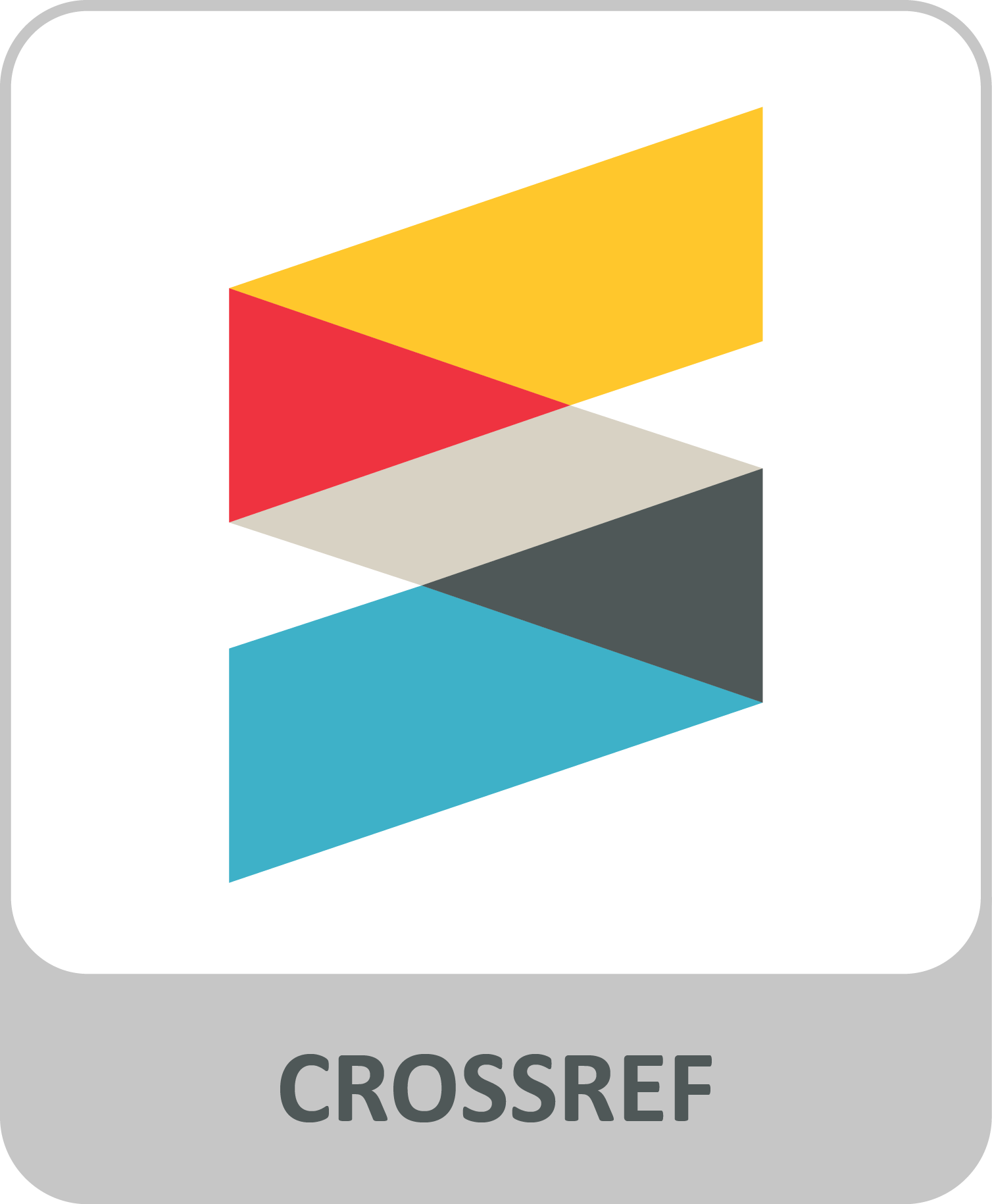
About the journal
Aims and scope
Aging merits attention. In fact, we would argue that not only is it important, it is vital—after all, simply given the passage of time, aging is one of the few things experienced by all living humans. Further, the use of language is a nearly universal trait among humans, and thus also important for us to understand.
One key aspect of aging is language—studies that have investigated whether there is a relationship between language and aging have nearly consistently found one. Despite this, however, both aging itself and the relationship between language and aging have too often been treated in overly simplistic ways. Age is often treated as a simple calculation of the passage of time, and while language is of course known to be subject to great change during childhood and occasionally near the end of life, the (usually) decades in between are widely treated as a static and uninteresting place unlikely to provide anything useful.
But it turns out that aging is not a linear or even a monotonic process, and language across the lifespan is full of variety and change and adaptation. And thus with the Journal of Language and Aging Research (JLAR) we aim to provide a venue for scholars to investigate this fertile topic that has received too little focused attention, but that now has an emerging community of scholars working to discover what actually is happening with language during this varied yet universal process of aging we are all experiencing.
In JLAR we adapt an inclusive approach, studying both language-related phenomena and the later stages of life in order to learn both about and from aging. By creating an organ dedicated only to the intersection of language and aging, we aim to allow for disciplinary diversity united by the common message that aging is linguistically highly relevant. JLAR is therefore meant to give comprehensive visibility to linguistic research on aging, and allow it to emerge from being unrepresented and underrepresented.
Funding
This journal has received initial funding from the Fachinformationsdienst Romanistik (FID Romance Studies of the DFG). It is hosted by the Hamburg State and University Library (SUB Hamburg, Germany) using the Open Journal System (OJS) platform.
Article Processing Charges (APCs)
This journal is a Diamond open access journal. The journal charges neither article processing charges (APCs) nor article submission charges. For authors, neither the submission nor the publication of articles in the journal incurs any costs.
All articles in JLAR are published under a Creative Commons Attribution 4.0 International (CC BY 4.0) license.
Publication frequency
The journal publishes two issues per calendar year, one in the spring and one in the fall.
Archiving
All articles published by the journal are deposited on the archive server of the German National Library (DNB) and referenced in the DNB catalog. Hamburg University Press, the publishing house of the Hamburg State and University Library, holds all published volumes and articles in a sustainable manner.
Additionally, this journal participates in the PKP Preservation Network. This means that all content of the journal is archived within a private LOCKSS network. New content from the journal is automatically harvested. After a "trigger event"—either a clear message from the journal manager or the cessation of deliveries—the content is made available through the OJS instances of one or more LOCKSS partners.
INFO: LOCKSS is an acronym for "Lots of Copies Keep Stuff Safe." The LOCKSS initiative is based on the premise that no single institution can provide long-term preservation. Therefore, this project consists of a cooperation of several libraries. The project was initiated and continued by the Stanford University Libraries. The LOCKSS software is open source.
Hamburg University Press
The journal is implemented as part of the publication services of Hamburg University Press and is hosted on the publisher's server.
Hamburg University Press is the open access publishing house of the Hamburg State and University Library (SUB). The publisher offers scholarly publication services. These include, in particular, the hosting of peer-reviewed open access journals along with consulting and support for their implementation, as well as the publication of books in both print and digital form (Gold Open Access).







